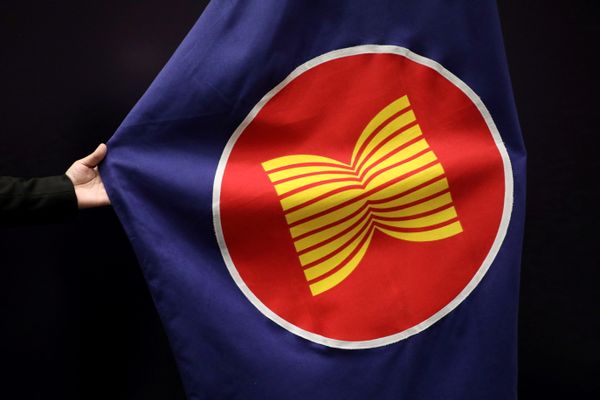PUTRAJAYA, April 29 — Anti-corruption agencies and related organisations across Southeast Asia today adopted the Putrajaya Declaration of Southeast Asia Anti-Corruption Agencies, reaffirming their collective commitment to combating corruption and promoting good governance, sustainable development, and societal well-being.
Eight countries endorsed the declaration, which was issued following a gathering in Putrajaya. It highlighted the agencies’ shared dedication to the principles enshrined in the United Nations Convention against Corruption (UNCAC), particularly Articles Six and 36, which emphasise the establishment of independent anti-corruption bodies with adequate resources and autonomy.
The eight countries are Malaysia, Indonesia, Brunei, Laos, Myanmar, Singapore, Timor-Leste, and Cambodia.
The declaration was read by Malaysian Anti-Corruption Commission (MACC) chief commissioner Tan Sri Azam Baki and Indonesia Corruption Eradication Commission (KPK) chief commissioner Setyo Budianto.
The declaration acknowledges the Jakarta Statement on Principles for Anti-Corruption Agencies as a guiding document to ensure the effectiveness and impartiality of such bodies.
The agencies further stressed the importance of independence in ensuring accountability, transparency and adherence to the rule of law.
The participating organisations recognised that developing and maintaining effective anti-corruption institutions is a complex task that requires sustained effort, cooperation and strong commitment. They also emphasised the significant role of non-state actors, including civil society, the private sector, media and academia, in supporting the fight against corruption.
In the declaration, the agencies expressed strong support for establishing and strengthening independent anti-corruption agencies in all jurisdictions, recognising them as vital to preventing and tackling corruption effectively.
They pledged to take collective action to build and sustain these institutions, committing to work together, share experiences, and extend mutual support in overcoming related challenges. The agencies also welcomed the participation of other relevant stakeholders in these efforts.
The declaration underlined the importance of information sharing as a key component of anti-corruption work. The agencies committed to enhancing cooperation in exchanging information, including with the private sector, while respecting respective legal frameworks, to facilitate effective investigations and prosecutions.
They also agreed to share best practices for developing and operating anti-corruption bodies, including investigative techniques, prevention strategies, asset recovery mechanisms, and measures to uphold transparency and accountability.
The signatories further pledged to foster a culture of integrity through advocacy, engagement and constructive dialogue, working in partnership with governments, international bodies, civil society, the private sector, the media and academia.
The declaration encouraged the continuation of national and international organisations' research and education on anti-corruption.
The agencies welcomed methodologies to measure the effectiveness of anti-corruption bodies, including those developed by the International Anti-Corruption Academy (IACA) in collaboration with the United Nations Office on Drugs and Crime (UNODC) and other partners.
All agencies were invited to participate in such research and education initiatives to strengthen their effectiveness further.
In closing, the participants reaffirmed their commitment to promoting the implementation of UNCAC and the principles outlined in the Jakarta Statement and its Colombo Commentary within their respective jurisdictions and across the region.
— Bernama




